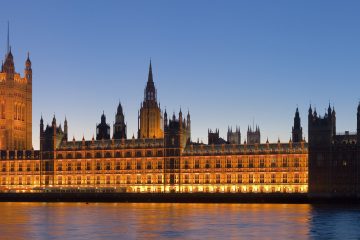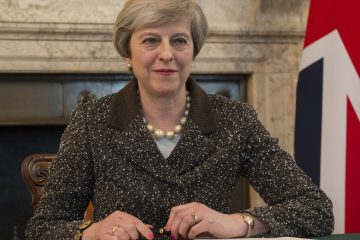
Brexit has accelerated, not caused, government’s weakening power over parliament
In Britain, the government dominates parliament. This claim is a staple of “textbook” descriptions of British politics. Academic literature also suggests the British government’s power over parliament is unusual in international terms. As a result, the government’s struggle to secure parliament’s support for its Brexit deal has been widely seen as evidence that Brexit has challenged – or even overturned – this conventional wisdom. However, in this blog post we argue that recent events can be better understood as an acceleration of pre-existing trends in Britain’s political institutions and political parties that have weakened government’s grip over parliament. The Brexit process may have challenged the government’s ability to control parliament, but it was pushing at an open door. Three institutional …

Has the Fixed-term Parliaments Act failed?
On April 19, 2017, parliament voted to endorse the government’s motion to hold a UK general election on 8 June 2017. This was the first time that the provisions of the Fixed-term Parliaments Act (FTPA) were invoked. When the Act was introduced in 2011, the coalition government justified it by arguing that “fixed-term parliaments will have a positive impact on our country’s political system; providing stability, discouraging short-termism, and preventing the manipulation of election dates for political advantage.” Yet, the ease with which Prime Minister Theresa May was able to trigger the early election in light of her 21 point opinion poll lead over Labour over the Easter weekend appeared to cast doubt on its ability to deliver these aims. …









